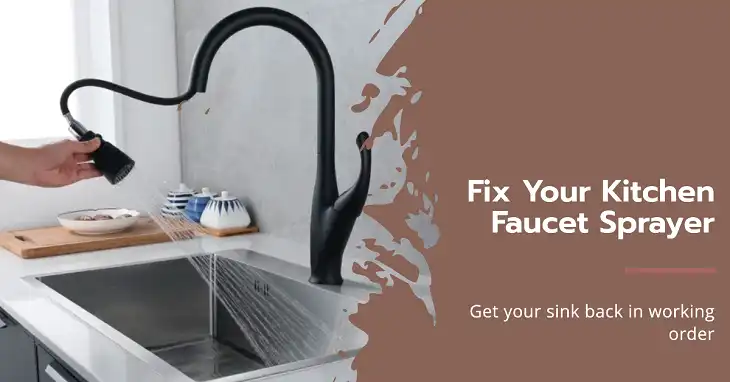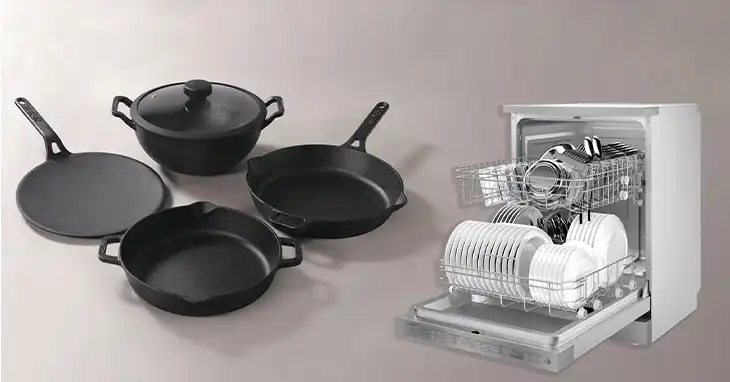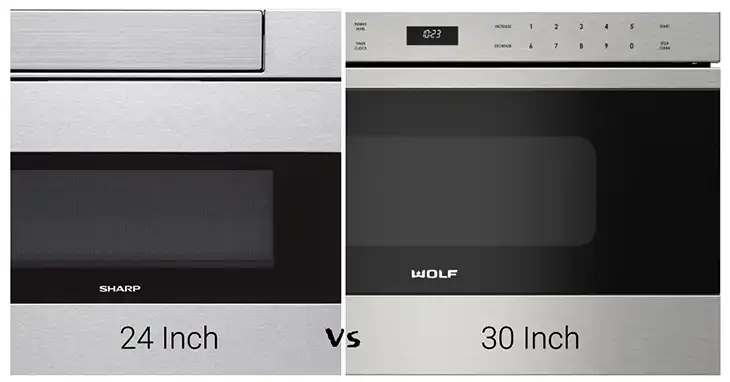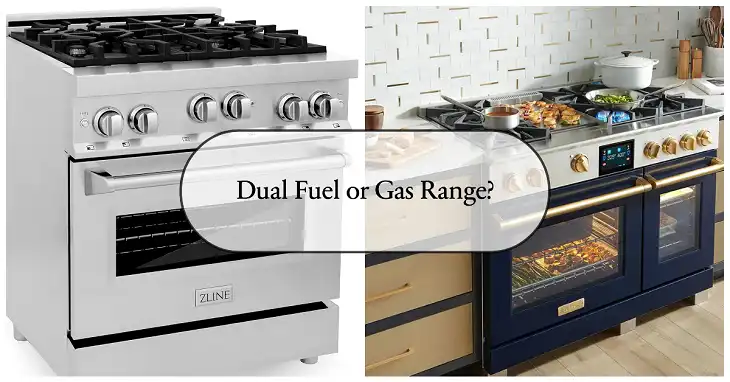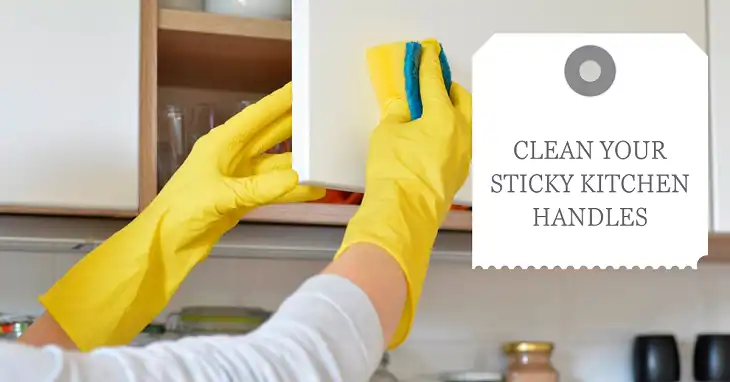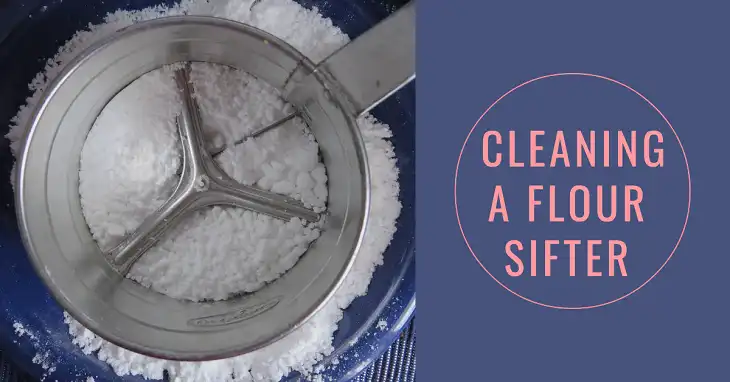How to Prevent Rust on Baking Pans? Step-by-Step Guide
Rusty baking pans are not only unsightly but also pose potential health risks if ingested. Rust can leach into your food, affecting its taste and possibly leading to digestive issues. Fortunately, with proper care and maintenance, you can prevent rust from forming on your beloved baking pans and prolong their lifespan. In this article, I’ll share some tried-and-true tips to keep your baking pans rust-free, ensuring they remain in top-notch condition for years to come. Plus, I’ll provide helpful advice on how to remove rust if it does manage to creep in.
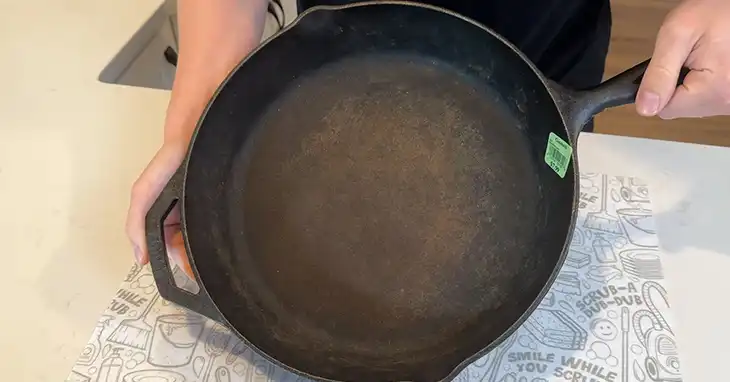
Ways for Preventing Rust on Baking Pans
Here are some key strategies to keep rust at bay and your baking pans in tip-top shape:
Thoroughly Dry Your Baking Pans
Moisture is the enemy! This might seem obvious, but it’s crucial to always thoroughly dry your baking pans after washing them. Don’t just rely on air drying – use a clean dish towel to remove any remaining water droplets, especially around the seams and edges. Water left behind is an open invitation for rust to develop.
Pro Tip: Stuck-on food particles can trap moisture and accelerate rusting. Ensure a good scrub while washing, and consider using a baking soda paste for stubborn grime.
Store Them Properly
Where you store your baking pans plays a vital role in preventing rust. Keep them in a cool, dry place. Avoid storing them near the dishwasher or oven, where they might be exposed to lingering moisture or heat. Here are some storage ideas:
- Cabinets: This is a classic and convenient option. Just ensure the cabinet is well-ventilated and not prone to dampness.
- Hanging Racks: Hanging your pans on a rack on the wall saves space and allows for good air circulation.
- Stacking Organizers: Invest in a sturdy organizer that keeps your pans separated to prevent them from scratching each other.
Bonus Tip: If you live in a particularly humid climate, consider placing a small container of baking soda or desiccant packs near your stored pans to absorb excess moisture.
Do Seasoning for Certain Pans
Cast iron and carbon steel pans are known for their durability and even heat distribution. However, unlike stainless steel, they require a little extra TLC to prevent rust. Here’s the magic trick: seasoning. Seasoning involves creating a thin layer of oil coating on the pan’s surface after cleaning. This “seasoning” helps create a protective barrier against rust. Here’s how to do it:
- Wash and dry your pan thoroughly.
- Wipe a very thin layer of vegetable oil (not olive oil) on the pan with a paper towel.
- Heat the pan in a preheated oven (ideally around 350°F) for about an hour. This allows the oil to polymerize and bond with the pan’s surface.
- Once cool, buff off any excess oil with a clean cloth.
Repeat this seasoning process occasionally, especially after deep cleaning your pan.
Remember: Seasoning is not necessary for stainless steel or nonstick pans.
Go for Handwashing
Dishwashers can be harsh on some baking pans, especially those with nonstick coatings. The high heat and harsh detergents can break down the coating, making the pan more susceptible to rust. Here’s why handwashing is generally preferred:
- Gentler on Coatings: Handwashing allows you to use gentler dish soap and avoid the abrasive scrubbing that can occur in a dishwasher.
- Better Control: You can pay closer attention to all areas of the pan, ensuring a thorough cleaning and drying.
However, if you must use the dishwasher, choose a low-heat setting and make sure the pans dry completely afterwards. Additionally, avoid using metal utensils on them, as scratches can also compromise the protective coating.
Minimize Contact with Acidic Foods
Highly acidic foods, like tomatoes, citrus fruits, and vinegar, can break down the protective layer on nonstick pans, making them more prone to rust. Here’s how to minimize the risk:
- Use Parchment Paper or Silicone Baking Mats: These handy liners create a barrier between the acidic food and the pan’s surface.
- Don’t Let Acidic Food Sit: Once you’re done cooking, don’t let acidic food residues sit on your pan for extended periods. Wash your pan promptly after use.
By following these simple strategies, you can significantly reduce the risk of rust on your baking pans.
What to Do to Remove Rust from Baking Pans?
Even with the best prevention methods, a little rust might sneak in sometimes. Don’t despair! Here are some effective ways to remove rust from your baking pans:
Use Baking Soda
Baking soda is a natural cleaning powerhouse and often the first line of defense against rust. Here’s how to use it:
- Make a Paste: Create a paste by mixing baking soda with a little water. The consistency should be thick and spreadable.
- Apply the Paste: Apply the baking soda paste generously to the rusted areas of your pan.
- Let it Sit: Allow the paste to sit on the rust for at least 30 minutes, or longer for stubborn rust.
- Scrub and Rinse: Scrub the rusted areas with a non-abrasive sponge or brush. Rinse the pan thoroughly with warm water.
- Repeat if Necessary: If some rust persists, repeat the process.
Bonus Tip: For extra stubborn rust, you can combine baking soda with lemon juice to create a more potent cleaning paste. The citric acid in lemon juice helps break down the rust.
Use Vinegar
Vinegar is another readily available household item that can tackle rust effectively. Here’s how to use it:
- Choose the Right Vinegar: White vinegar is the most effective type for rust removal.
- Soak or Apply Directly: There are two approaches:
- Soaking: For heavily rusted pans, you can soak the entire pan in a solution of white vinegar and water (equal parts) for several hours or overnight.
- Direct Application: For smaller rust spots, you can dampen a cloth with white vinegar and apply it directly to the rust.
- Scrub and Rinse: After soaking or applying the vinegar, scrub the rusted areas with a non-abrasive sponge or brush. Rinse the pan thoroughly with warm water.
Caution: Avoid using vinegar on cast iron or carbon steel pans, as it can strip away the seasoning.
Use Citric Acid
Citric acid is another natural rust remover that can be particularly effective on aluminum baking pans. Here’s how to use it:
- Make a Citric Acid Solution: Mix 1 tablespoon of citric acid powder with 1 cup of warm water.
- Soak or Apply Directly: Similar to vinegar, you can either soak the pan in the citric acid solution or apply it directly to the rust spots with a damp cloth.
- Let it Sit: Allow the citric acid solution to sit on the rust for at least 30 minutes.
- Scrub and Rinse: Scrub the rusted areas with a non-abrasive sponge or brush and rinse the pan thoroughly with warm water.
Safety Note: Citric acid can be slightly irritating to the skin. Wear gloves when handling it.
Conclusion
With a little knowledge and these handy tips, you can effectively prevent and remove rust from your baking pans, ensuring they stay shiny and ready for creating countless culinary masterpieces for years to come. Remember, prevention is always better than cure. By following the recommended storage and cleaning practices, you’ll minimize the risk of rust and keep your baking pans in top condition.
Happy Baking!
If you have any further questions about rust removal or have any baking tips you’d like to share, feel free to leave a comment below!

